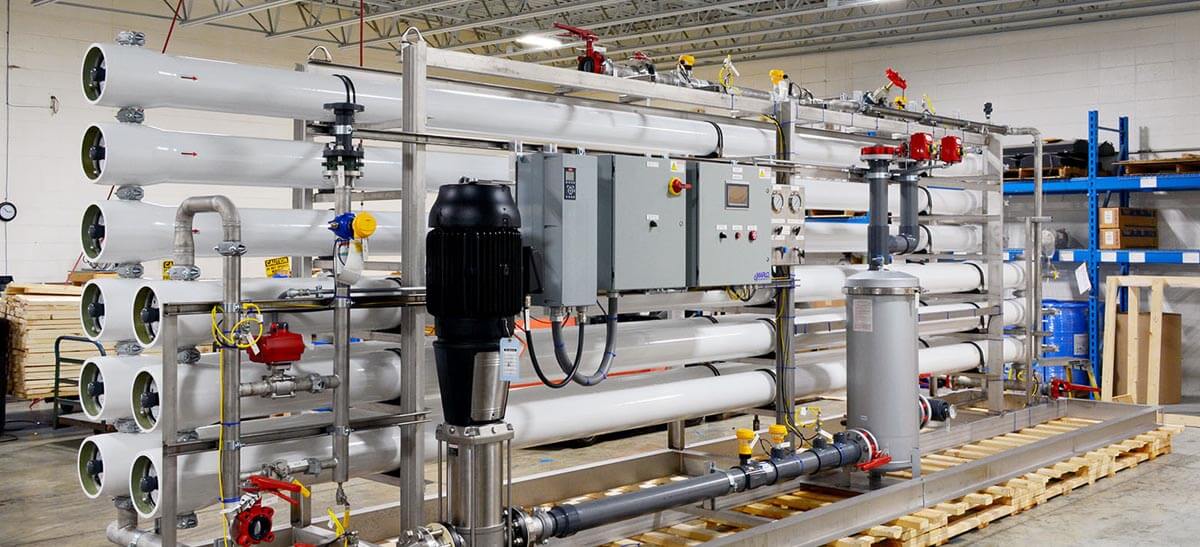Filtration Methods

Carbon Filter
Carbon filtering is a method of filtering that uses a bed of activated carbon to remove impurities from a fluid using adsorption. Carbon filtering works by adsorption, in which pollutants in the fluid to be treated are trapped inside the pore structure of a carbon substrate. The substrate is made of many carbon granules, each of which is itself highly porous. As a result, the substrate has a large surface area within which contaminants can be trapped. Activated carbon is typically used in filters, as it has been treated to have a much higher surface area than non-activated carbon. One gram of activated carbon has a surface area in excess of 3,000 m2 (32,000 sq ft)
Advantages
- Efficiency to absorb contaminants goes as high as 90%
- This filtration process is easy to operate
- Low maintenance
- Effectively removes chlorine, organics, bad taste, and odour
- Cost effective – reduced installation cost
- Operating costs – limited to filter replacement
- Reliable and efficient
- Best to remove large organic molecules
- Can be used in households as well as at waste-water treatment plants
- Materials used here are easily available
Application
- Pharmaceutical industry
- Power Plant
- Textile industry
- Oil & Gas sector
- Chemical industry
